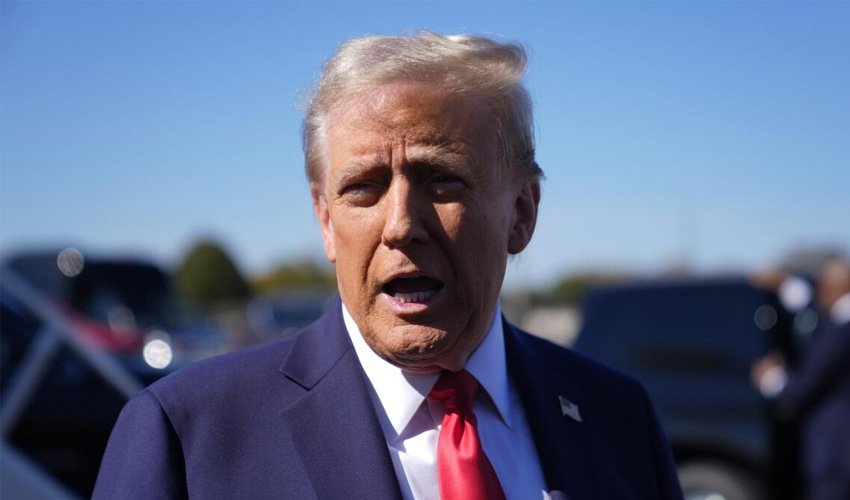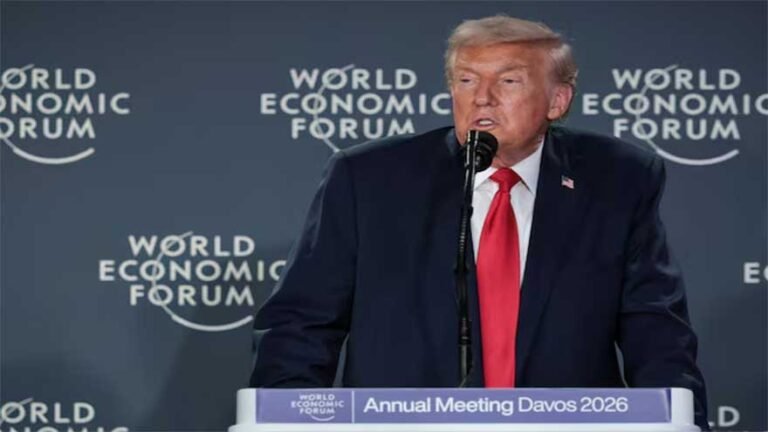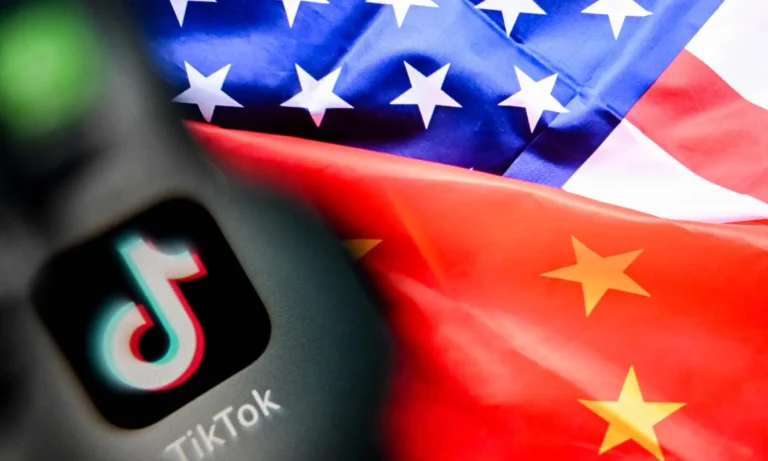Trump Team Weighs Targeted Tariffs on Critical Imports, Moving Away from Universal Approach

US President-elect Donald Trump’s advisors are reportedly revising his proposed tariff policies, considering sector-specific measures instead of the sweeping universal tariffs outlined during his 2024 campaign.
Canadian Prime Minister Justin Trudeau Resigns Amid Political Turmoil
Trump’s campaign promise of imposing up to 20% tariffs on all imports to the United States is now being reconsidered amid concerns about potential economic fallout, including price surges and political opposition. Instead, the focus has shifted toward tariffs on critical imports tied to national and economic security.
Preliminary discussions suggest targeted tariffs could apply to sectors such as defense, medical supplies, and energy production. Key materials under consideration include steel, aluminum, copper, syringes, rare earth minerals, and solar panels. The final list of industries and imports has not yet been determined.
Trump’s team is also exploring additional tariffs on countries like Mexico, Canada, and China, citing issues like migration and drug trafficking. However, specifics remain unclear, and the feasibility of such measures is under review.
The revised plans aim to promote domestic manufacturing by incentivizing US-based production, a central theme of Trump’s economic platform. However, economists caution that sector-specific tariffs could still lead to higher costs for intermediate goods, potentially reducing the competitiveness of American manufacturers globally.
The policy shift is being spearheaded by key figures on Trump’s transition team, including Vince Haley, Scott Bessent, and Howard Lutnick. While details are still being finalized, the proposed tariffs could challenge global trade norms and invite retaliatory actions from affected nations.
In a recent social media post, Trump reiterated his belief in tariffs as a tool to rebuild American industry, reduce national debt, and prioritize domestic production. “Tariffs are wealth-building and debt-reducing. They protect American workers,” Trump wrote.
Critics across the political spectrum have expressed concerns over the potential ripple effects of even moderated tariffs. Economists highlight the reliance of US manufacturers on imported intermediate goods, warning that restrictions could disrupt supply chains and increase consumer prices.
During his first term, Trump’s tariffs on Chinese imports significantly altered global trade patterns, prompting manufacturers to reroute supply chains through other countries. Advocates for targeted tariffs argue that such measures would be easier to implement and enforce, avoiding the broader challenges of universal tariffs.
As Trump’s team refines its tariff strategy, the policies remain central to his vision of economic independence and revitalized domestic production. However, their impact on consumers, manufacturers, and international relations will likely be closely scrutinized in the months ahead.








